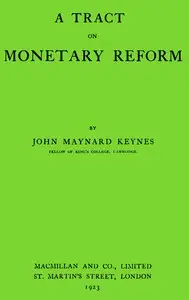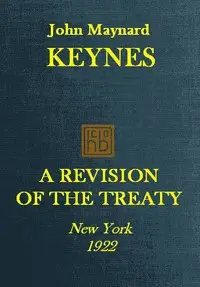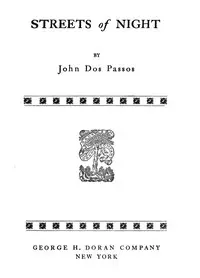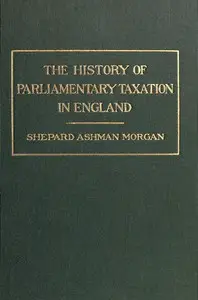"Indian Currency and Finance" by John Maynard Keynes is a detailed economic analysis and examination of the currency system in India, written in the early 20th century. The book focuses on the historical context, evolution, and implications of India's transition from a silver-based currency system to a more complex gold-exchange standard. It delves into the characteristics of the Indian rupee, government policies, and the intricacies of the banking and currency mechanisms that operate within the Indian economy. The opening of the work presents a broad historical overview of India's currency system, detailing how the country's currency was primarily based on silver until the pivotal changes made in the 1890s. Keynes notes the challenges posed by fluctuating silver values and explains the rationale behind the shift to a gold standard initiated in 1893, emphasizing the administrative decisions that led to the current system. He outlines various critiques of currency policies from the past and prepares the reader for a deeper exploration of topics related to the rupee's value, the transition to paper currency, and the role of gold in stabilizing the economy. (This is an automatically generated summary.)
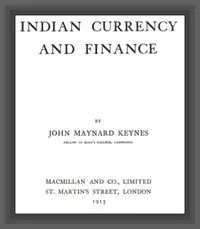
Indian Currency and Finance
By John Maynard Keynes
"Indian Currency and Finance" by John Maynard Keynes is a detailed economic analysis and examination of the currency system in India, written in the e...
John Maynard Keynes, 1st Baron Keynes, was an English economist and philosopher whose ideas fundamentally changed the theory and practice of macroeconomics and the economic policies of governments. Originally trained in mathematics, he built on and greatly refined earlier work on the causes of business cycles. One of the most influential economists of the 20th century, he produced writings that are the basis for the school of thought known as Keynesian economics, and its various offshoots. His ideas, reformulated as New Keynesianism, are fundamental to mainstream macroeconomics. He is known as the "father of macroeconomics".

